By, PJ Schwartz, Faculty
I never spent a summer at a Jewish overnight camp as a camper. And I regret not doing so.
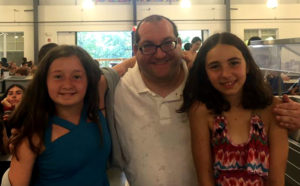 I was never the overnight camp type of kid. Homesickness spread throughout my veins – sleepovers at friend’s houses, overnight field trips for school, and even the first weeks of college, were extremely difficult for me. I spent my childhood attending the local day camps, and even served as a counselor and unit head at times. But, at the end of the day, I was able to sleep in my own bed, where I felt safe and secure. I was a homebody and was proud of it.
I was never the overnight camp type of kid. Homesickness spread throughout my veins – sleepovers at friend’s houses, overnight field trips for school, and even the first weeks of college, were extremely difficult for me. I spent my childhood attending the local day camps, and even served as a counselor and unit head at times. But, at the end of the day, I was able to sleep in my own bed, where I felt safe and secure. I was a homebody and was proud of it.
Flash forward to 2016.
Over the past week, I have had the opportunity to teach campers of all ages as faculty at URJ Crane Lake Camp. I have always been a believer that Judaism can be brought to life anywhere and in any setting, and there is no doubt that this summer home for hundreds of campers is where their Judaism becomes such an essential part of their identity.
After a first day of “I have no idea to do this camp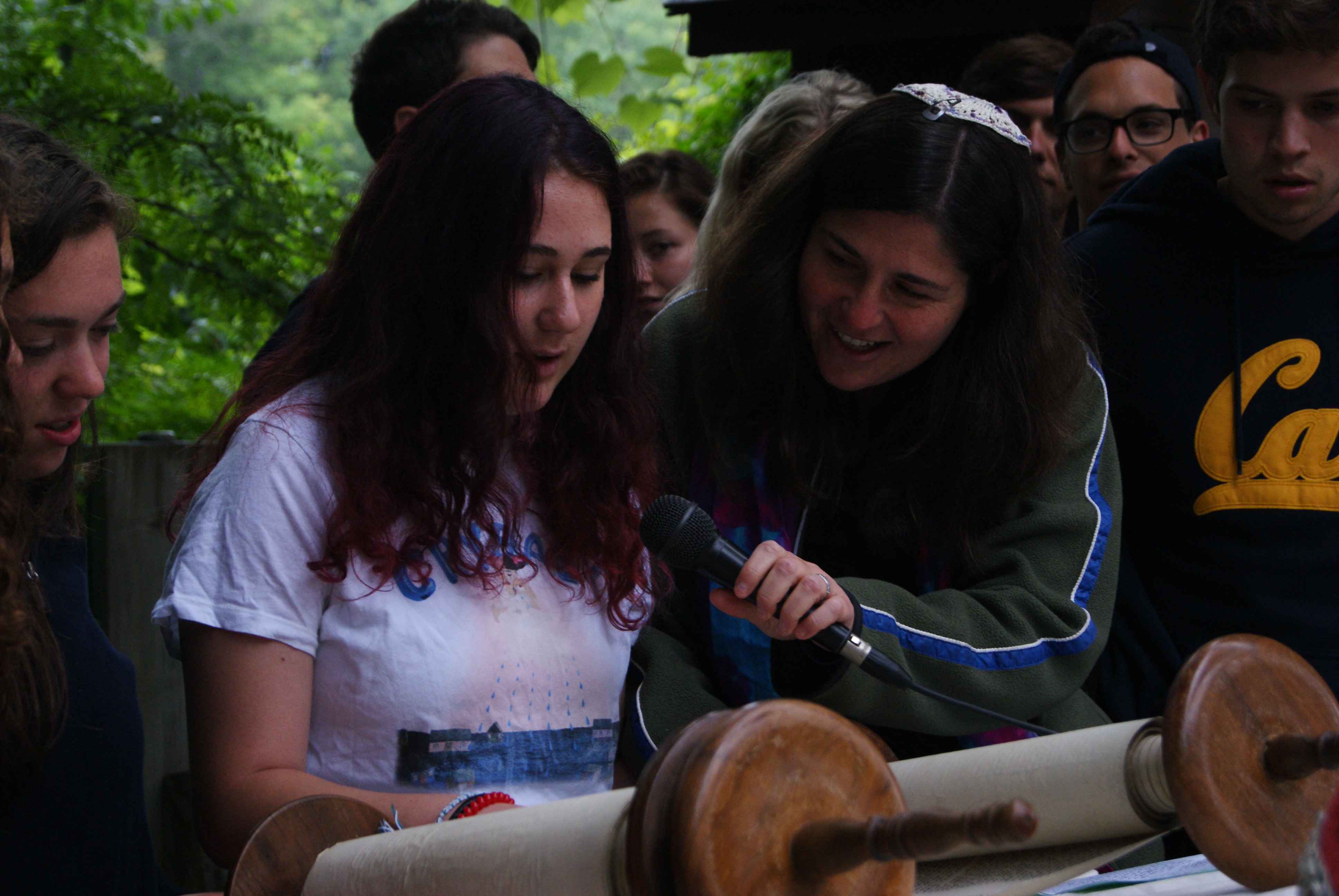 thing” jitters, I now understand how quickly one can be integrated within the camp culture. As a result, I have had such a rewarding experience as faculty, and this short time at camp has surely filled my bucket with joy and inspiration. I have been amazed at how engaged, thoughtful, and inquisitive these campers have been. I even have had the unique pleasure of forming different relationships with some of my kids from Temple Israel (one of them who quickly observed that she had NEVER seen me in shorts and a t-shirt before).
thing” jitters, I now understand how quickly one can be integrated within the camp culture. As a result, I have had such a rewarding experience as faculty, and this short time at camp has surely filled my bucket with joy and inspiration. I have been amazed at how engaged, thoughtful, and inquisitive these campers have been. I even have had the unique pleasure of forming different relationships with some of my kids from Temple Israel (one of them who quickly observed that she had NEVER seen me in shorts and a t-shirt before).
What has been most beneficial, though, is that I have a newfound understanding of and appreciation for what camp culture can bring to the Jewish educational experience. While the camp model in its entirety may not be able to be fully adapted into congregational religious schools, particular elements can guide what has the potential to be a transformational approach to engaging lifelong learners:
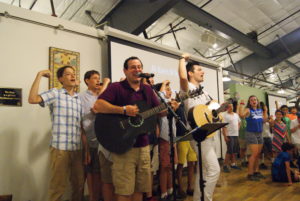 Train teachers and teaching assistants as camp does counselors. Teach them how to engage with their students and how to establish personal relationships with them. Give them the chance to better understand the culture of the religious school, and to feel as if they are stakeholders. One way that this is accomplished at camp is that many times faculty and educational staff are expected to be support for – rather than facilitators of – programs the unit heads and counselors themselves design. Yes, the end result may not be perfect, but the campers have fun, the unit heads and counselors feel a sense of ownership, and all are motivated to continue to improve and develop meaningful experiences.
Train teachers and teaching assistants as camp does counselors. Teach them how to engage with their students and how to establish personal relationships with them. Give them the chance to better understand the culture of the religious school, and to feel as if they are stakeholders. One way that this is accomplished at camp is that many times faculty and educational staff are expected to be support for – rather than facilitators of – programs the unit heads and counselors themselves design. Yes, the end result may not be perfect, but the campers have fun, the unit heads and counselors feel a sense of ownership, and all are motivated to continue to improve and develop meaningful experiences.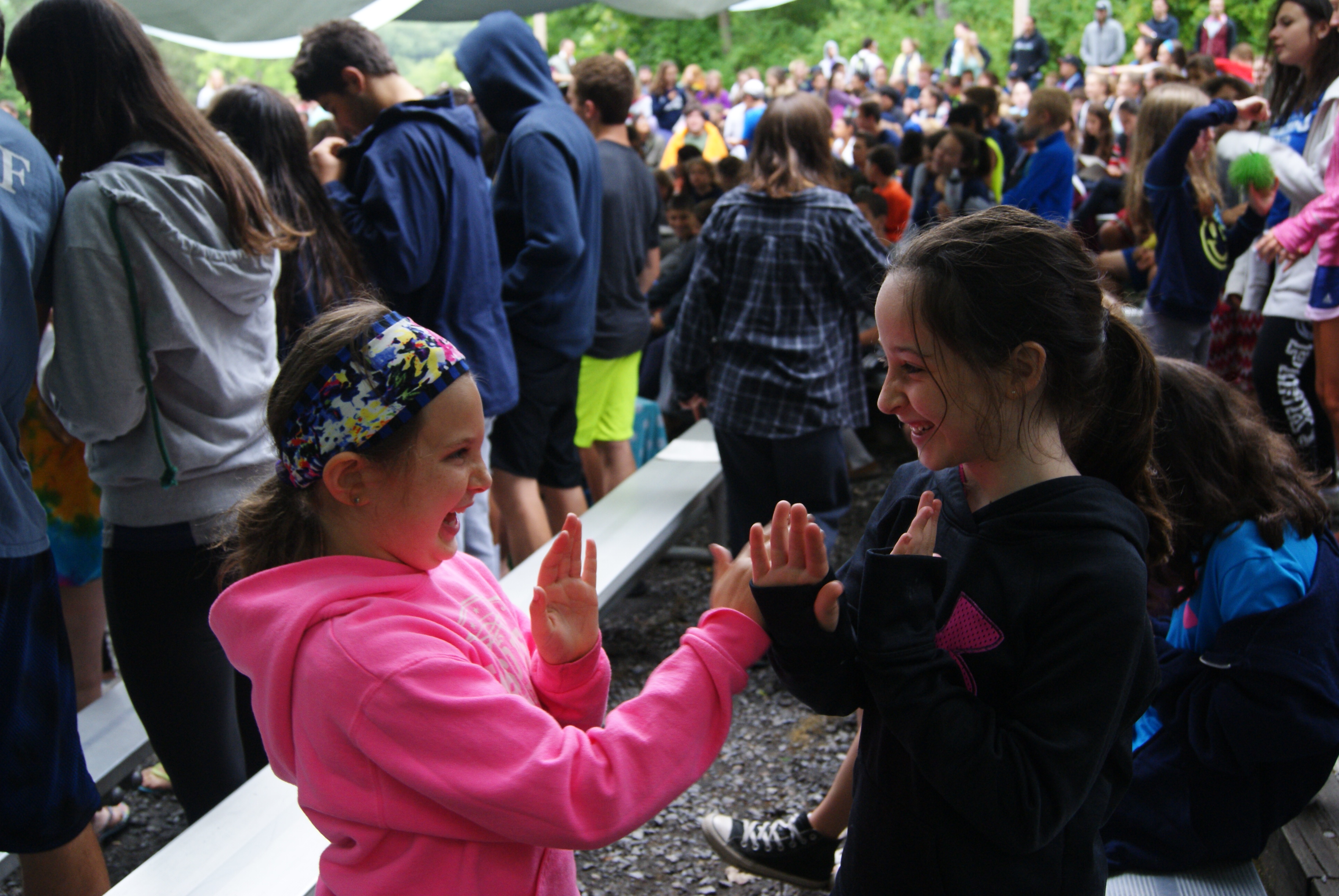 Think about how classes and grades can be understood as bunks or units. The way bunks and units connect with each other and relate to the community as a whole elevates the importance of partnership, accountability, and respect. Each group has a specific name that eliminates usage of ages and grades. When called upon, units have special responses that are said in acknowledgement that they are listening. In the end, the question of what can be done to best aid group formation is constantly explored. What would it look like if congregational schools accomplished the type of unity and community that a camp does?
Think about how classes and grades can be understood as bunks or units. The way bunks and units connect with each other and relate to the community as a whole elevates the importance of partnership, accountability, and respect. Each group has a specific name that eliminates usage of ages and grades. When called upon, units have special responses that are said in acknowledgement that they are listening. In the end, the question of what can be done to best aid group formation is constantly explored. What would it look like if congregational schools accomplished the type of unity and community that a camp does?- Be willing to play in the rain. Learning doesn’t stop, even if it’s raining outside. What is unique
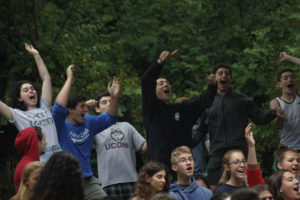 about the camp setting, perhaps in part due to the unpredictability of the outdoor environment, is that there is a “go with the flow,” “think outside of the box,” “anything is possible” mindset that congregational schools may tend to avoid. Indeed, this might be easier to execute when nature is the Jewish classroom, but it would seem that environments that foster this creative mindset can be empowering for all.
about the camp setting, perhaps in part due to the unpredictability of the outdoor environment, is that there is a “go with the flow,” “think outside of the box,” “anything is possible” mindset that congregational schools may tend to avoid. Indeed, this might be easier to execute when nature is the Jewish classroom, but it would seem that environments that foster this creative mindset can be empowering for all.
Camp may have not been for me when I was younger, but it is for me now, especially after I introduced myself, and the immediate reply of the campers were: “Welcome to the group!”
The value of the week I spent at camp was Hakarat HaTov – recognizing the beauty in the world, and as I make my way home, there is one thing I know for sure. Here at camp, everything is beautiful.
Rabbi PJ Schwartz is Assistant Rabbi at Temple Israel in Westport, CT. He is married to his college sweetheart, Michelle, and is dog father to his two cocker spaniels, Teddy and Penny.
